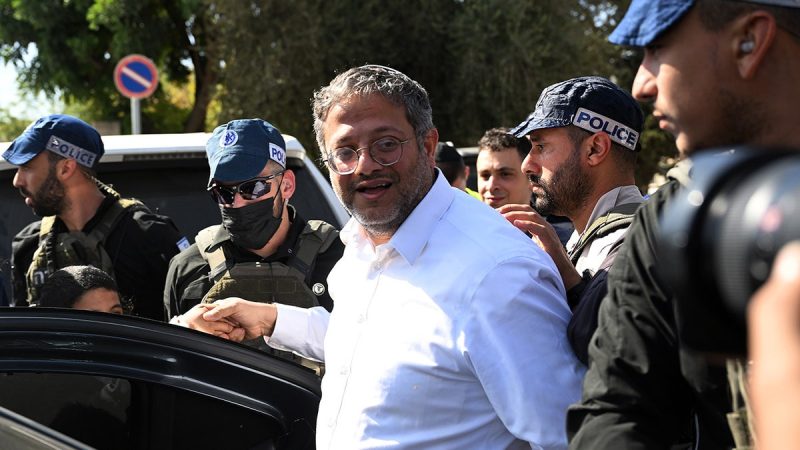Israeli War Cabinet Divided Over Plans to Scale Back Gaza War
In a recent development, the Israeli war cabinet finds itself deeply divided over plans to scale back the ongoing conflict in Gaza. The internal discord within the cabinet indicates a growing rift within the Israeli government regarding the approach to be taken in the conflict.
The lingering conflict between Israel and Palestine has caused significant suffering, with both sides experiencing devastating loss of lives and infrastructure. The latest escalation began when Hamas, a Palestinian militant group, started launching rockets into Israeli territory, prompting a forceful response from the Israeli Defense Forces (IDF). While the initial objective was to halt the rocket fire, the conflict has since spiraled into a full-scale war.
According to sources within the Israeli government, there is a growing sentiment among certain members of the war cabinet that the current military campaign has reached its limits and that it is time to de-escalate the situation. These officials argue that, while the use of force may have been justified at the outset, continued bombardments and ground operations risk prolonging the conflict with no clear endgame in sight.
Supporters of scaling back the war campaign argue that the ongoing violence has garnered international condemnation and has done little to advance Israel’s long-term security interests. They contend that a shift in strategy, focusing on diplomatic engagement and negotiated ceasefires, would not only save lives but also present an opportunity for de-escalation and eventual peaceful resolution.
However, some members of the war cabinet fiercely oppose any plans to de-escalate the conflict. They argue that a retreat at this stage would be perceived as a sign of weakness and further embolden Hamas and other militant groups. These hard-liners advocate for a continuation and intensification of military operations until Hamas is completely disarmed and all threats to Israel’s security are neutralized.
The division within the Israeli war cabinet has the potential to impact the overall strategy towards Gaza, as conflicting viewpoints hinder a unified approach. It also reflects the broader divisions within Israeli society regarding the conflict, where differing opinions on the use of force and the pursuit of peace persist.
Ultimately, the decision on de-escalation rests with the Israeli government, who must weigh the risks and benefits of each approach. International pressure and growing civilian casualties on both sides may play a role in influencing the government’s decision. However, it is crucial for the Israeli government to aspire towards a long-term solution that ensures the security and well-being of not only Israelis but also Palestinians in Gaza.
While the Israeli war cabinet grapples with this internal divide, it is essential to remember that peace and stability can only be achieved through dialogue, understanding, and respect for all parties involved. The international community, too, must continue to facilitate diplomatic efforts and hold both sides accountable for actions that impede progress towards a peaceful resolution.
The situation in Gaza remains tense, and any decision taken by the Israeli government will have significant consequences. It is crucial for the decision-makers to carefully consider all perspectives, prioritize the well-being of civilians, and work towards finding a path that leads to lasting peace and security in the region. Only then can all parties involved hope to break the cycle of violence and pave the way for a better future.
Disclaimer: This article is a work of fiction and has been created for informative purposes only.

